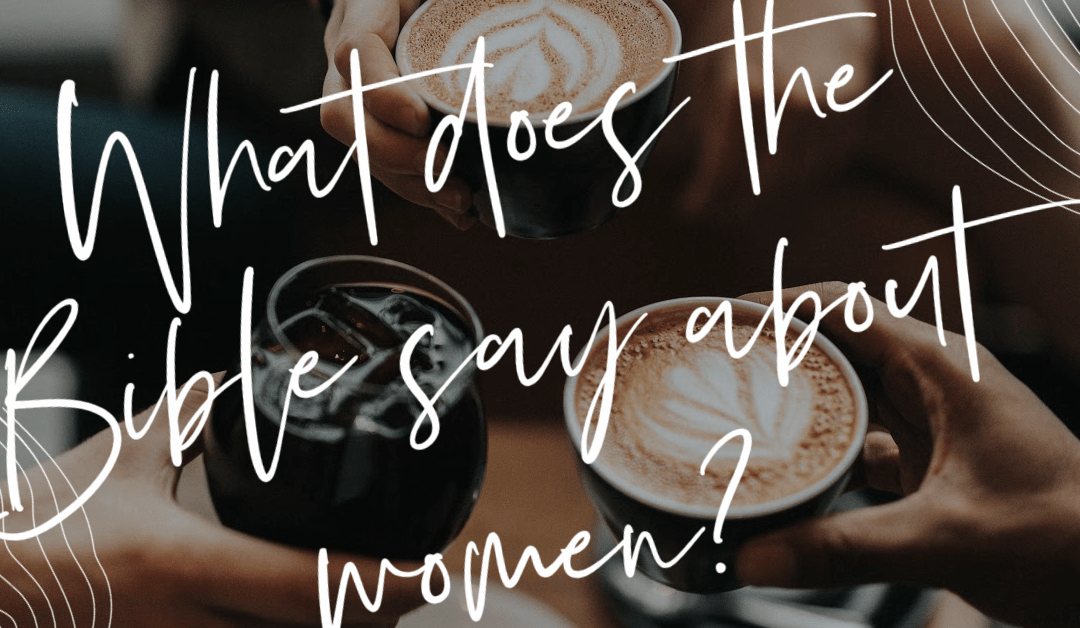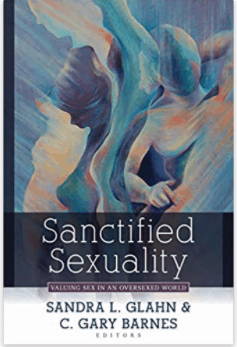I’m so grateful to have Dr. Sandra Glahn with us today. She’s one of the editors of Sanctified Sexuality, an important book for the church.
She agreed to answer some of my questions, and I’m so grateful!
What does the Bible say about a woman’s worth after she’s experienced sexual exploitation and/or violence?
The Bible says absolutely nothing about a woman’s worth after she has experienced sexual exploitation and/or violence, precisely because there is no change whatsoever in her worth after such horrors. She is still worth what Christ paid for her—which is Himself. Which means she is worth more than the entire world. Her worth has not changed at all. What has changed is that she has experienced an intense trauma with all its spiritual and emotional and physical ramifications. The prophets as well as the poets in the Book of Psalms all cry out about injustice, about exploitation of those less powerful. And they speak of what a great evil it is in the sight of God, who sees all. They also say he will one day avenge the wrong and make all things right.
What have you learned about the history of rape and the church’s response over the past 2000 years? Are there signposts of hope?
Since the Fall of humanity (Genesis 3), we have seen a power struggle rooted in evil. Thousands of years later, the church was born in a culture of misogyny as Jesus’s own disciples didn’t understand why he was talking to a woman (John 4:27), and the disciples considered as “nonsense” the women’s testimony that they had seen the risen Lord (Luke 24:11). The early church was prejudice against Gentiles (see The Book of Galatians). And there has always been a tendency to look down on the poor. Sin expresses itself as an abuse of power seen in race, class, and gender—including a mix of these. But we also know that the apostle Peter grew in his understanding of God’s view of women, to the point where in his writings he speaks of the priesthood of all believers (1 Peter 2:5)—which replaces the male priesthood. As Peter grows in grace and understanding of who God is, his views of those less powerful change for the better.
We know that rape is less about sex than it is about power. And where people have matured in their faith, treatment of those less powerful has improved. So, in parts of the world where true Christianity has flourished, we have seen laws—and their enforcement—that have tended toward the treatment of others as they would want to be treated.
There are indeed many signposts of hope. Even 100 years ago, who would a woman call if she was in an abusive situation? Today, she can find help through the church and parachurch ministries. Trafficked humans have many allies in Christian organizations such as the International Justice Mission. And the internet, for all its weaknesses where sex is concerned, has also had a leveling effect, as the powerless have more access to content that can help them as well as a means of reaching out and being heard. With the influx of women into the academy in the past fifty years, scholars have expanded the focus in historical research from empires and troop movements to social histories, which include looking at passages in the Bible about the powerless through new eyes. Obviously, we have a long way to go. But we also have good reason for hope.
We’ve heard the phrase biblical womanhood a lot, but what do you think that means? And in our context today, what does it mean to be a woman who thrives for Jesus?
The phrase “biblical womanhood” has been co-opted by many who look at western stereotypes and divisions of labor and would hold these up as the biblical models. But if we look at Lady Wisdom personified, as she is in Proverbs 1 and 31, bookends to a book about wisdom, we see that she is buying and selling property, teaching Torah, exercising authority in her sphere of influence, and an active member of her community. The Bible teaches that the ultimate vision for women is not to become domestic goddesses, but to follow Christ—to trust and obey him—in the home, the office, the community. We were made to “be fruitful” and to “rule the earth” together with men (see Genesis 1–2). In the past, such fruitfulness meant physical multiplication of children. But with Christ we see the shift from filling the earth with children to filling the world with worshippers as we make disciples. Being a biblical woman means living out the fruit of the Spirit embodied as a female. To thrive for Jesus is to pursue him, to put him first, to seek first his kingdom, whether by changing diapers or presiding at a board meeting or doing both simultaneously.
Who is your favorite historical woman role model and why? How is her view of human sexuality helpful for us today?
My favorite story is Rahab’s. We tend to think of her as the professional sex worker from Jericho. Period. But the New Testament writers connect her with Abraham as a model of faith—which demonstrates itself in works (James 2:25; Hebrews 11:31). The writer of Hebrews said he did not have space to talk about King David and other military leaders (v. 32), but he had space for Rahab. By the time the spies arrived at her door, she had heard about a miracle that happened forty years earlier—about the Red Sea parting. And also about how two kings of massive territories in recent history (to her) had brought their trained armies against Israel, which had no army. And yet these trained warriors got wiped out by the undisciplined, untrained masses of God’s people. And when this same group showed up to take on her city, she risked her life to hide their spies. Joshua records that this woman of low standing in Canaanite-god-worshiping territory said this to them: “I know that the Lord has given you this land and that a great fear of you has fallen on us, so that all who live in this country are melting in fear because of you. We have heard how the Lord dried up the water of the Red Sea for you when you came out of Egypt, and what you did to Sihon and Og, the two kings of the Amorites east of the Jordan, whom you completely destroyed. When we heard of it, our hearts melted in fear and everyone’s courage failed because of you, for the Lord your God is God in heaven above and on the earth below” (2:9–11, italics added). She ended up with a big God.
And her view of human sexuality must have been that her past was not an obstacle keeping her from trusting in God and exercising faith in him. It was also not insurmountable as an obstacle to marrying, as she ended up in the lineage of Jesus Christ. See why I love her?
…
Thank you, Dr. Glahn, for this well-articulated message of hope!



